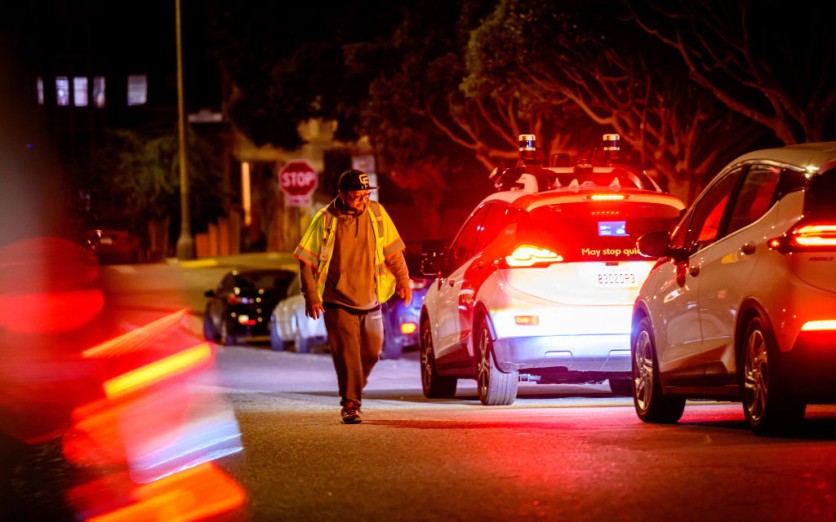General Motor's Cruise has reportedly contracted technology consultant Exponent, along with the law firm Quinn Emanuel, to investigate its management responses and technology during the October 2 accident.
The board of directors has appointed Quinn Emanuel, a legal firm, to assess Cruise management's replies to authorities and the media, probing the October 2 disaster.

Exponent, a technology consultant that "evaluates complex software systems," has also been employed by the company to review Cruise's technology and a separate review of the crash.
As per the report, General Motors has supported Cruise's recent actions and decisions that show the leadership "putting safety first and building trust and credibility with government partners, regulators, and the broader community." The top automaker and Cruise owner, however, clarified that its "goal of commercialization remains steadfast."
Cruise's Previous Accidents
The announcement comes after the robo-taxi company suspended its driverless operations following numerous accidents. Cruise cars have crashed with a fire engine, become trapped in wet concrete, and come to rest over a victim struck by a hit-and-run motorist and additional cases of the self-driving car inadvertently stopping.
Cruise's California Ban followed its October 2 accident that reportedly critically injured a jaywalking pedestrian that had an initial misrepresentation from Cruise with alleged concealment of video evidence revealing that its car dragged the pedestrian for 20 feet.
As terrible as that incident was, the DMV had reservations about Cruise well before it happened on October 2; in August, the DMV highlighted safety concerns when forcing the business to reduce its autonomous fleet by half.
Cruise's Looming Issues
Criticisms and worries now loom the self-driving company as the New York Times reports that former and current employees say there is no simple solution to the company's challenges. Insiders are stating that priority is given to program speed over safety.
Expert Matthew Wansley, a professor at the Cardozo School of Law in New York who specializes in emerging automotive technologies, explained that the Cruise chief executive "is a guy who is willing to take risks, and he is willing to move quickly. He is very Silicon Valley," explaining both the "success of Cruise and its mistakes."
As per the report, two employees who attended the company-wide meeting, when the company's chief executive Kyle Vogt talked to the company about its halted operations on Monday, indicated he didn't know when they would resume and that layoffs were possible.
According to the staff, chief executive Vogt admitted that Cruise had lost the public's confidence and described a strategy for regaining it by being more honest and emphasizing safety.
Louise Zhang, vice president of safety, was appointed as the company's interim chief safety officer, reporting directly to him.
Waymo, Cruise's main competitor in the driverless vehicle race, has been associated with less harmful occurrences than Cruise and has not received the same smackdown from the California DMV.
Cruise's other rivals are also worried that the issues seen in Cruise's driverless operations could lead to stricter regulations in all self-driving car businesses.
Related Article : Two Self-Driving GM Cruise Crashes, US Auto Safety Agency Investigates

![Apple Watch Series 10 [GPS 42mm]](https://d.techtimes.com/en/full/453899/apple-watch-series-10-gps-42mm.jpg?w=184&h=103&f=9fb3c2ea2db928c663d1d2eadbcb3e52)



